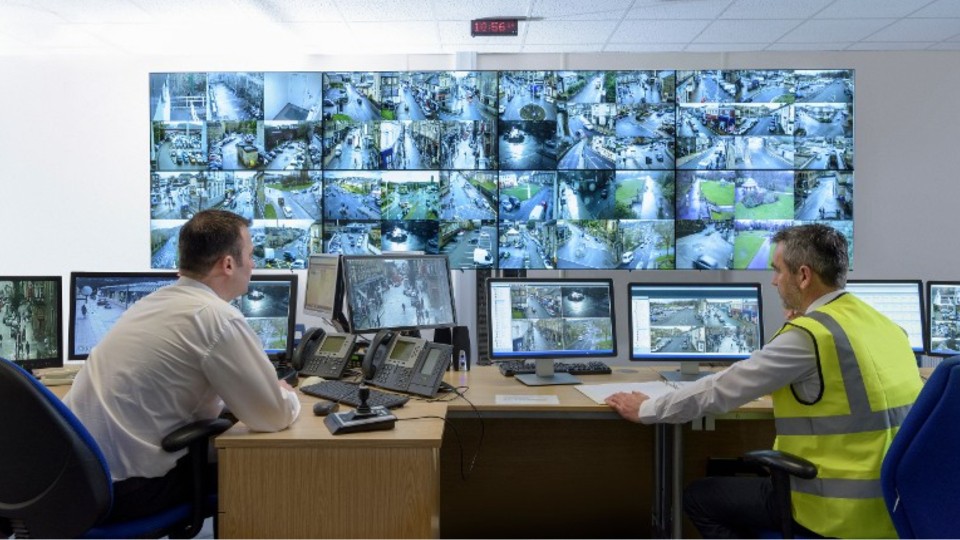Security Managers
Corporate Physical Security Supervisor, Corporate Security Manager, Security Director, Security Manager
 Select a military branch to see samples.
Select a military branch to see samples.
Aerospace Medical Service; Aerospace Medical Service Craftsman, Aeromedical Education Technician; Aerospace Medical Service Helper, Independent Duty Medical Technician; Aerospace Medical Service Superintendent; Aircraft Armament Systems Apprentice, F/A-22; Aircraft Armament Systems Helper, F-35; Command and Control Operations Journeyman; Health Services Management Journeyman; Pararescue Superintendent; Security Forces Journeyman, Combat Arms
Air Defense Artillery Officer; Area Intelligence Technician; Aviation All-Source Intelligence; Corrections and Detention Specialist; Counter-Intelligence Technician; Intelligence Analyst; Joint Fire Support Specialist; Military Government; Senior Military Police Sergeant; Special Forces Intelligence Sergeant
Intelligence System Specialist; Investigations; Investigator; Marine Safety Specialist Response; Maritime Enforcement Specialist; Maritime Law Enforcement Specialist; Maritime Law Enforcement/PWCS
Antitank Missile Gunner; Correction and Detention Specialist; Critical Skills Operator; Light Armored Reconnaissance (LAR) Operations Chief; Light Armored Reconnaissance Marine; Low Altitude Air Defense Officer; Military Police Officer; Naval Surface Fire Support Planner; Physical Security Specialist; Special Reaction Team (SRT) Member
Afloat Security Specialist; Brig Officer; Coastal/Harbor Defense Officer; Facilities Manager; Force Protection Officer Ashore; Inshore Undersea Warfare Officer; Law Enforcement and Security Officer, Afloat; Law Enforcement and Security Officer, Staff; LDO - Security; Naval Criminal Investigative Service Operations Specialist
No similar titles were found.
What they do:
Direct an organization's security functions, including physical security and safety of employees and facilities.
On the job, you would:
- Analyze and evaluate security operations to identify risks or opportunities for improvement through auditing, review, or assessment.
- Assess risks to mitigate potential consequences of incidents and develop a plan to respond to incidents.
- Attend meetings, professional seminars, or conferences to keep abreast of changes in executive legislative directives or new technologies impacting security operations.
Knowledge
Knowledge information for this career will be available soon.
Skills
Skills information for this career will be available soon.
Abilities
Abilities information for this career will be available soon.
Personality
People interested in this work like activities that include leading, making decisions, and business.
Technology
You might use software like this on the job:
Project management software
- Incident command system ICS software
- Microsoft Project
Presentation software
- Microsoft PowerPoint
Facilities management software
- Alarm system software
- Maintenance management software
Education
Education: (rated 4 of 5)
Job Outlook
Bright
New job opportunities are very likely in the future.
Explore More
- Compliance Managers
- First-Line Supervisors of Security Workers
- Management Analysts
- Security Guards
- Security Management Specialists
You might like a career in one of these industries:
See more details at O*NET OnLine about security managers.





